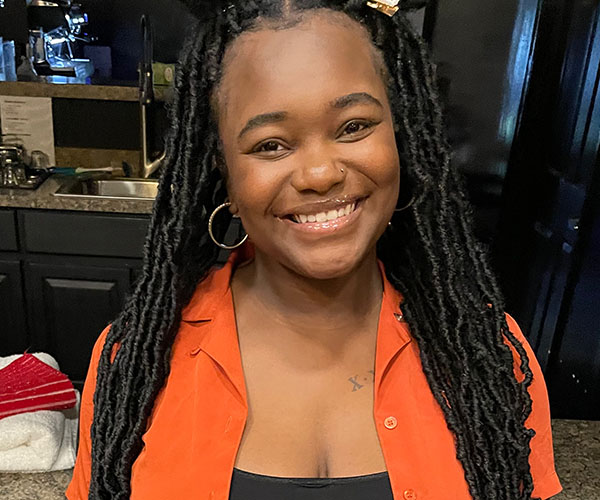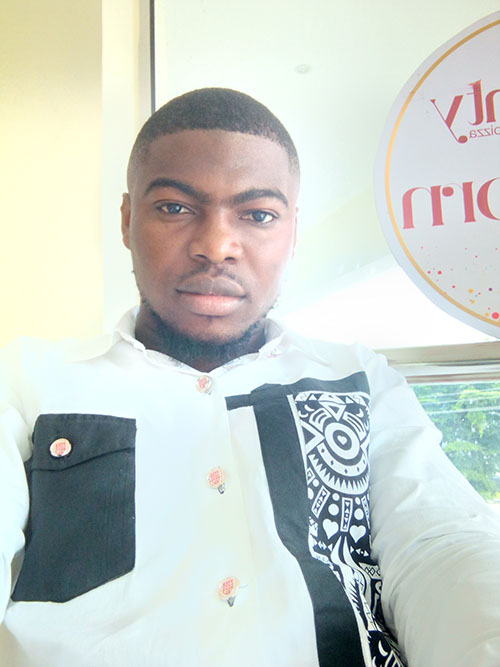
“Being in foster care felt like being incarcerated,” shared a young person with lived experience. Incarceration, the act of confining a person, is used for retribution, incapacitation, deterrence, and rehabilitation. Youth in foster care have not committed a crime so why do we limit their freedom to make decisions and take risks?
When young people are in foster care, they are often not given the same opportunities as their peers. Foster youth frequently have difficulty participating in everyday activities, including having after-school jobs, learning to drive, and attending sleepovers. These “normal” activities help to facilitate the transition to adulthood. In fact, growing up in care is so “abnormal,” that we had to legislate “normalcy” in child welfare.
Having a sense of agency and control over their life helps a person feel valued and respected. Instead of shielding young people in foster care, which can be detrimental to their long-term growth and development, we must provide them the dignity of risk.
This does not mean we should throw young people into situations they are not ready for or expose them to unnecessary risks. It means we should be willing to let them take on challenges appropriate for their age and development, encourage them to try new things, and support them as they learn from their mistakes. The experiences will teach them that failure is not a setback. It is an opportunity to learn and grow.
As a society, we have a responsibility to support young people in foster care, to help them overcome the challenges they have faced, and to empower them to achieve their full potential. By giving them the dignity of risk, we can help them build the skills and confidence they need to thrive. It is the freedom they need to live a fulfilling, successful life.
******************************************************************************
Dr. Elizabeth Wynter is a rainmaker for transition-age foster youth. Wynter’s work in this arena has helped launch a national youth voice movement, drive policy and practice improvements, and better equip system professionals and foster youth with tools and knowledge to achieve self-sufficiency.
Wynter believes that foster youth should be valued as organizational assets. By using a pluralistic approach in which youth and systems professionals share control in decision-making, program planning and implementation, and advocacy, a dual impact of improved outcomes for transitioning youth and a more responsive child welfare system can be realized.
As the Executive Director of the Selfless Love Foundation, Wynter has led the state of Florida in making youth engagement a centerpiece of conversation. With over two decades of child welfare experience, an unwavering commitment to transforming the system, and an ineffable capacity to challenge the status quo, Wynter is a catalyst for change.
Selfless Love Foundation’s youth voice initiative, One Voice IMPACT (OVI), provides current and former foster youth opportunities to develop skills for leadership and life, advocate for changes to policy, and join a network of youth leaders across the state of Florida.







